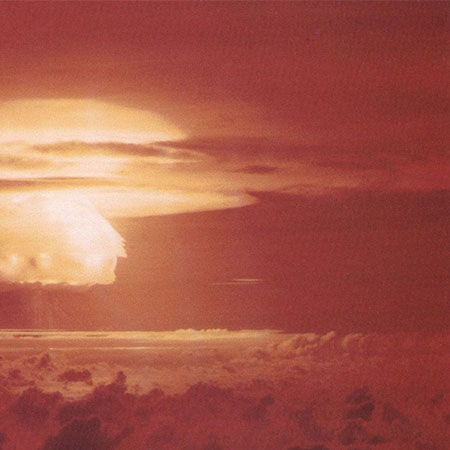Research & Impact
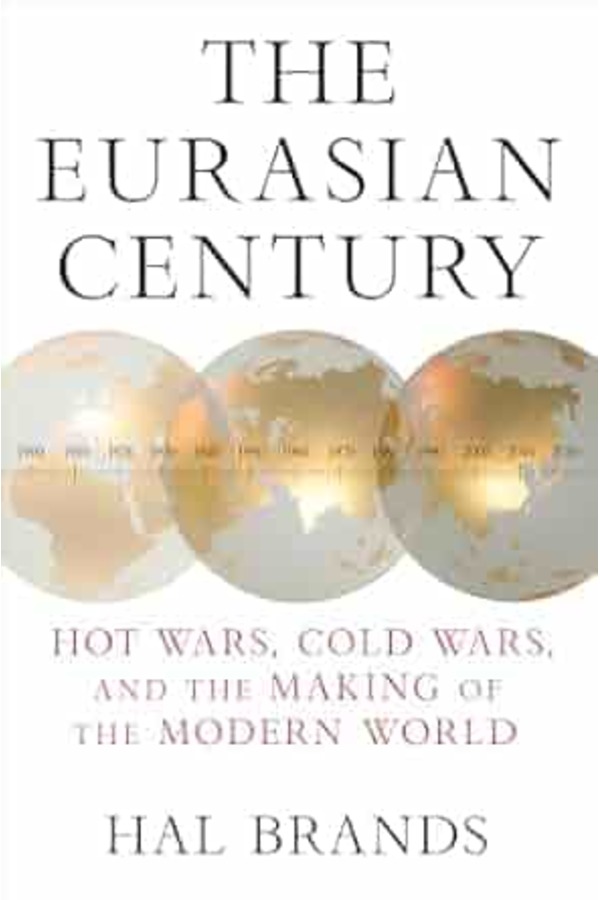
The Eurasian Century: Hot Wars, Cold Wars, and the Making of the Modern World
Hal Brands, a renowned expert on global affairs, argues that a better understanding of Eurasia’s strategic geography can illuminate the contours of rivalry and conflict in today’s world. The Eurasian Century explains how revolutions in technology and warfare, and the rise of toxic ideologies of conquest, made Eurasia the center of twentieth-century geopolitics—with pressing implications for the struggles that will define the twenty-first.
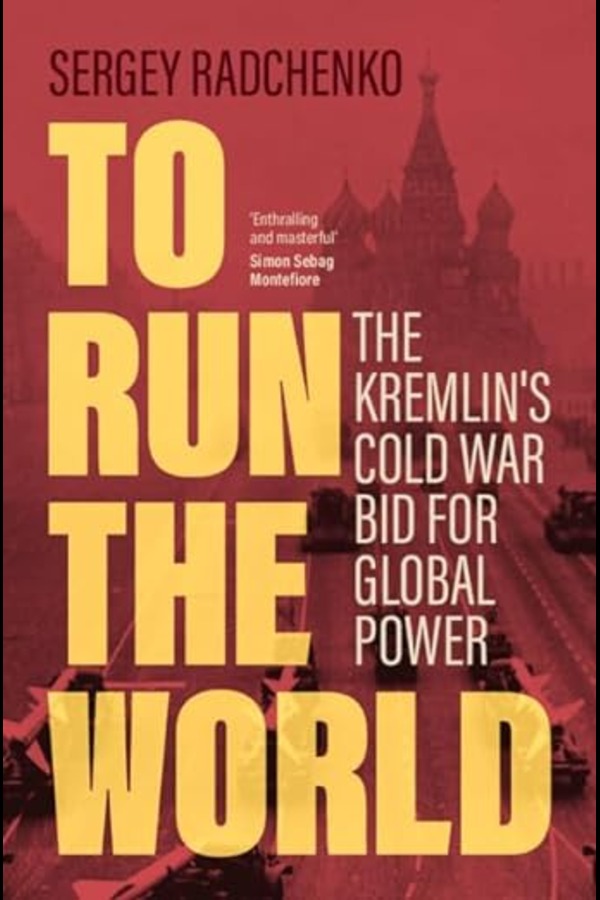
To Run the World: The Kremlin's Cold War Bid for Global Power
In this panoramic new history of the conflict that defined the postwar era, Sergey Radchenko provides an unprecedented deep dive into the psychology of the Kremlin's decision-making. He reveals how the Soviet struggle with the United States and China reflected its irreconcilable ambitions as a self-proclaimed superpower and the leader of global revolution. This tension drove Soviet policies from Stalin's postwar scramble for territory to Khrushchev's reckless overseas adventurism and nuclear brinksmanship, Brezhnev's jockeying for influence in the third world, and Gorbachev's failed attempts to reinvent Moscow's claims to greatness. Perennial insecurities, delusions of grandeur, and desire for recognition propelled Moscow on a headlong quest for global power, with dire consequences and painful legacies that continue to shape our world.
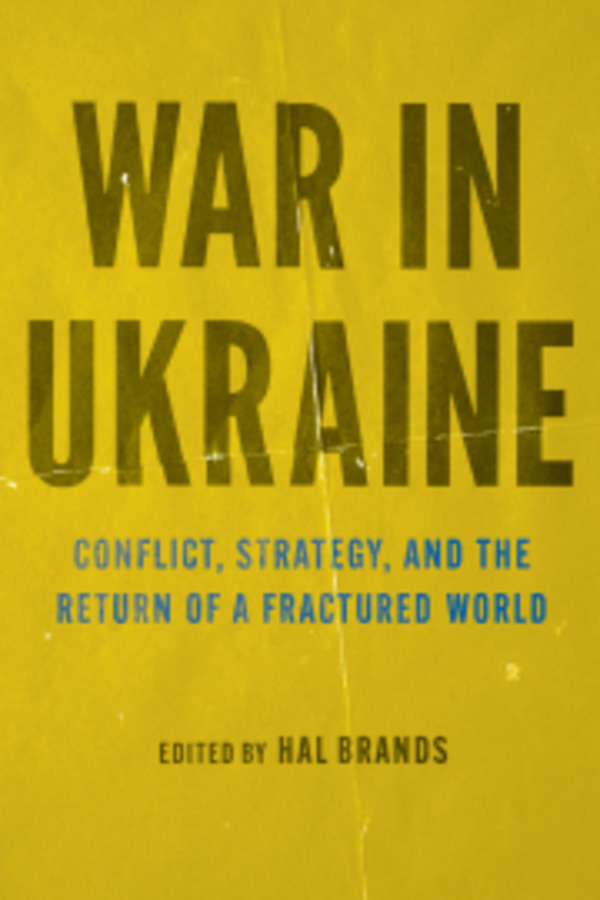
War in Ukraine: Conflict, Strategy, and the Return of a Fractured World
In War in Ukraine, Professor Hal Brands brings together an all-star cast of analysts to assess the conflict's origins, course, and implications and to offer their appraisals of one of the most geopolitically consequential crises of the early twenty-first century.
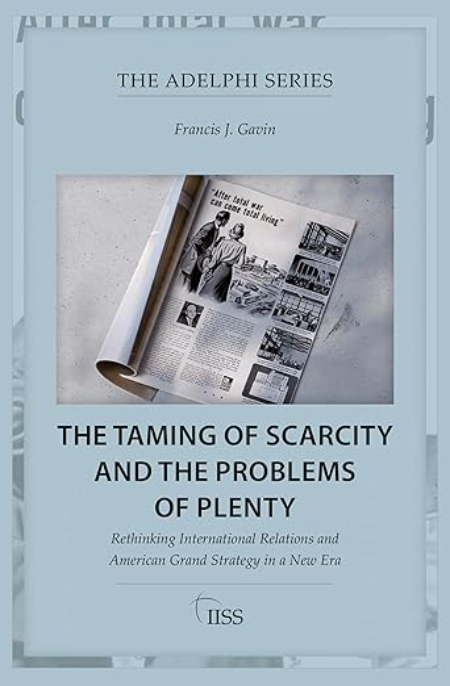
The Taming of Scarcity and the Problems of Plenty: Rethinking International Relations and American Grand Strategy in a New Era
In this Adelphi book, Francis J. Gavin argues that the institutions, practices, theories and policies that helped explain and largely tamed scarcity by generating massive prosperity, and which were sometimes used to justify punishing conquest, are often unsuitable for addressing the problems of plenty.
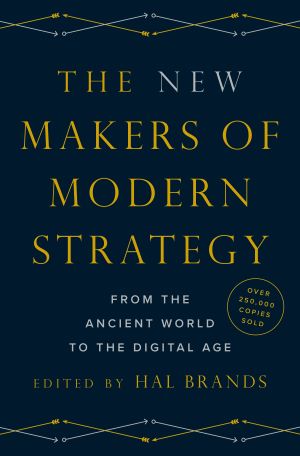
The New Makers of Modern Strategy, Edited by Professor Hal Brands.
The New Makers of Modern Strategy, edited by Hal Brands, is the next generation of the definitive work on strategy and the key figures who have shaped the theory and practice of war and statecraft throughout the centuries.
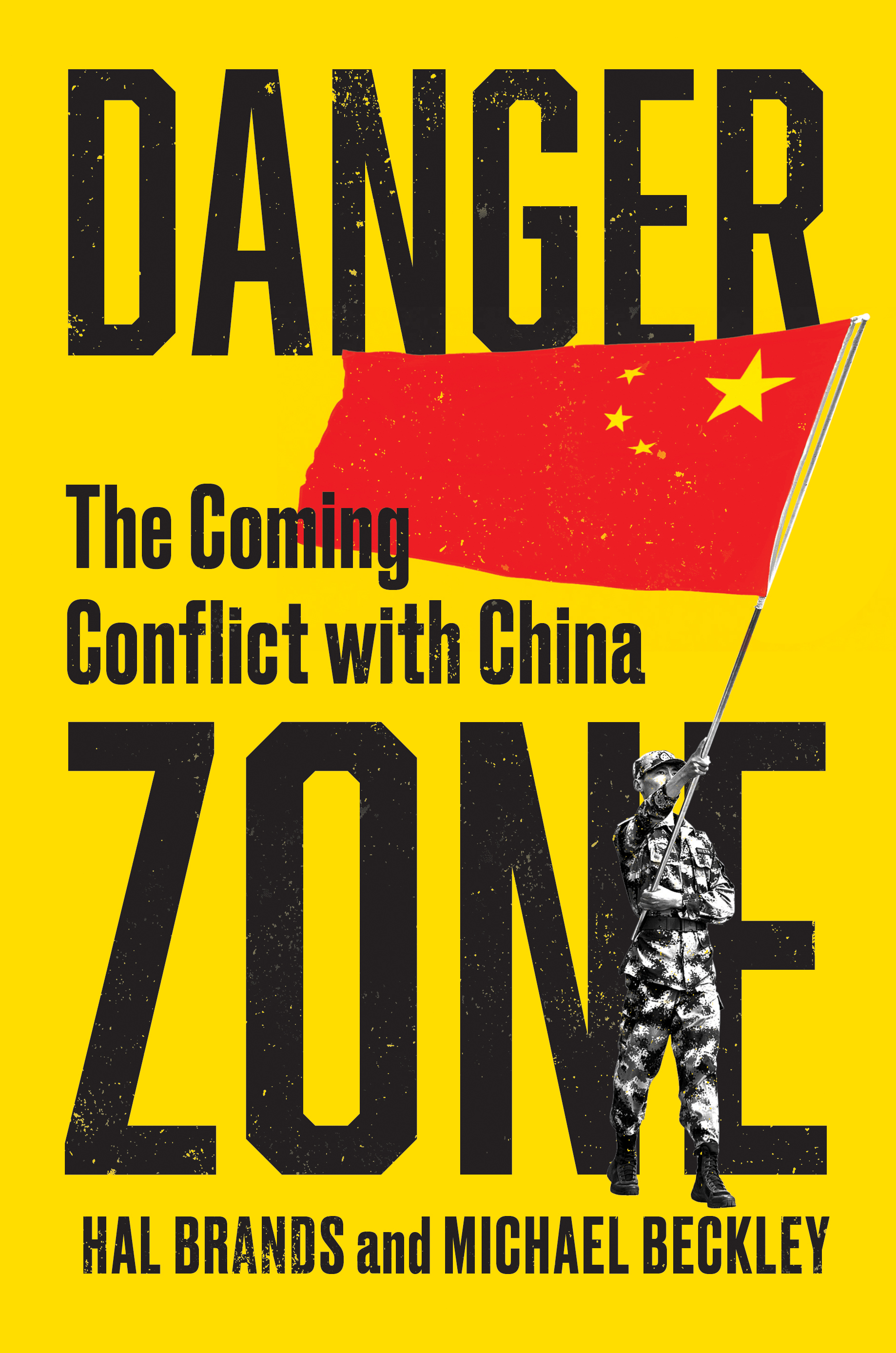
Danger Zone: The Coming Conflict with China
Over the long run, the Chinese challenge will most likely prove more manageable than many pessimists currently believe—but during the 2020s, the pace of Sino-American conflict will accelerate, and the prospect of war will be frighteningly real. America, Brands and Beckley argue, will still need a sustainable approach to winning a protracted global competition. But first, it needs a near-term strategy for navigating the danger zone ahead.
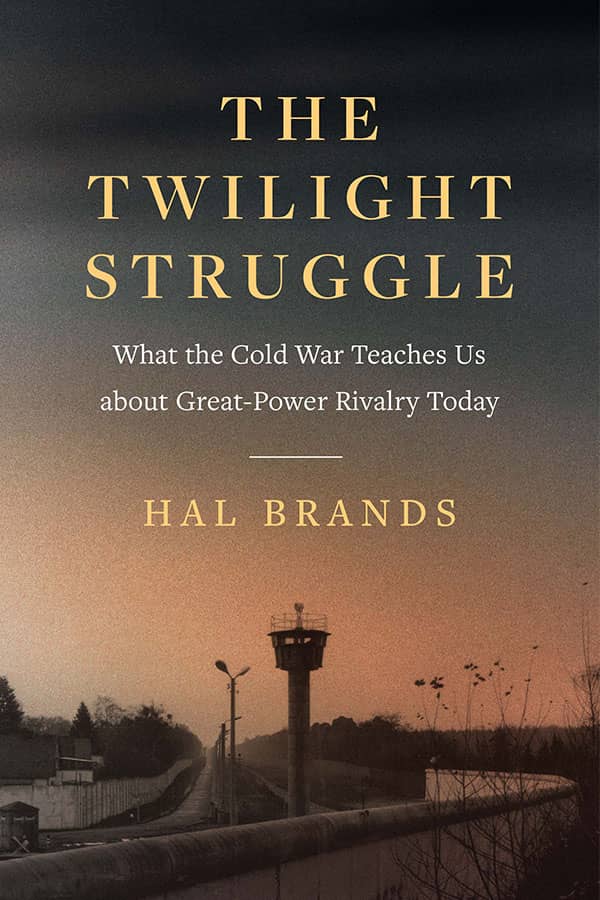
Twilight Struggle: What the Cold War Teaches us about Great-Power Rivalry Today
Professor Hal Brands highlights key lessons from the Cold War that the U.S. can leverage for today’s great power competition with China and Russia, analyzing the instructive strategic thinking that delivered the U.S. success in the Cold War.
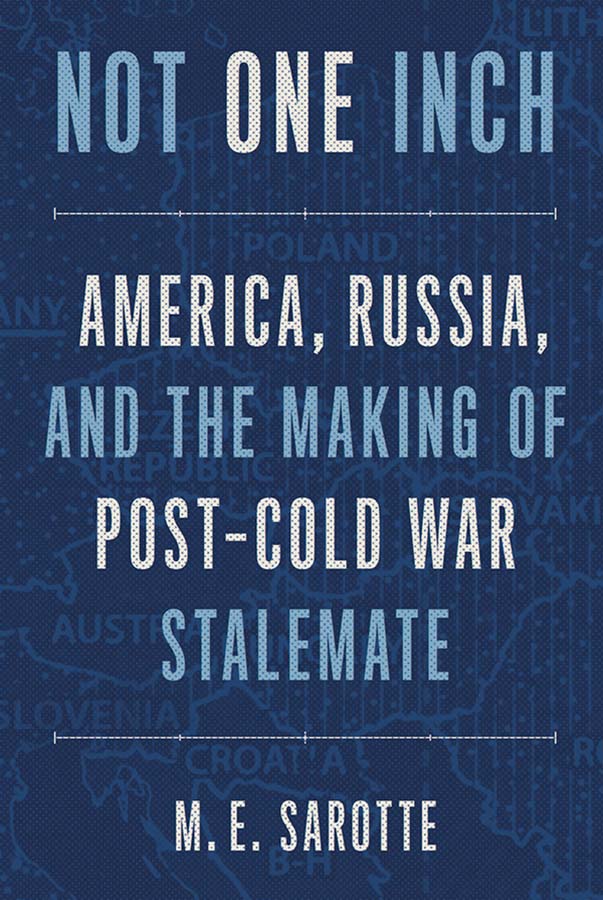
NOT ONE INCH: AMERICA, RUSSIA, AND THE MAKING OF POST-COLD WAR STALEMATE
In her newest book, Professor M.E. Sarotte explores the profound impact of NATO expansion on US-Russia relations since the Cold War, revealing missed opportunities and drawing on newly declassified documents and over 100 interviews.
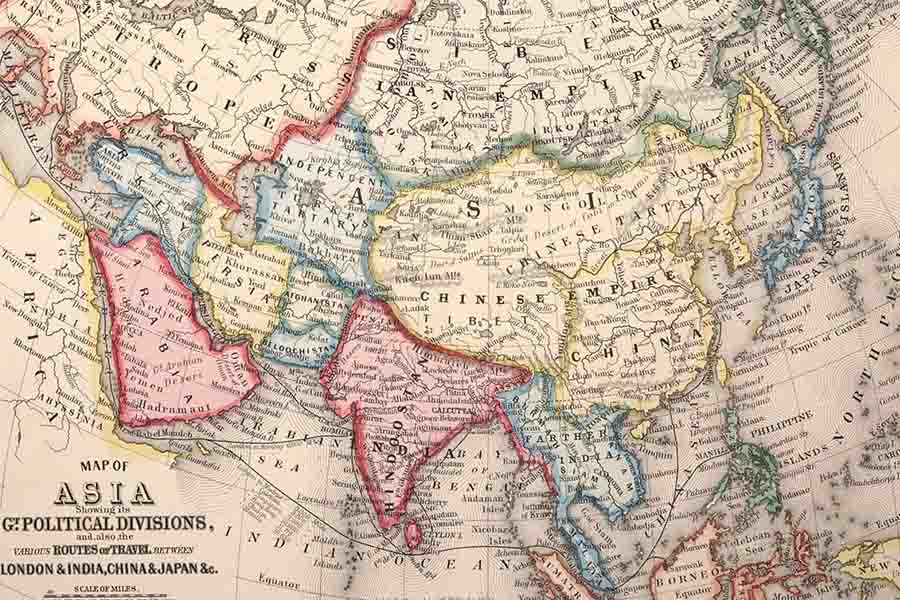
Bloomberg Opinion: Professor Hal Brands
In his weekly Bloomberg opinion column, Professor Hal Brands shares insights on pressing geopolitical issues facing the world.
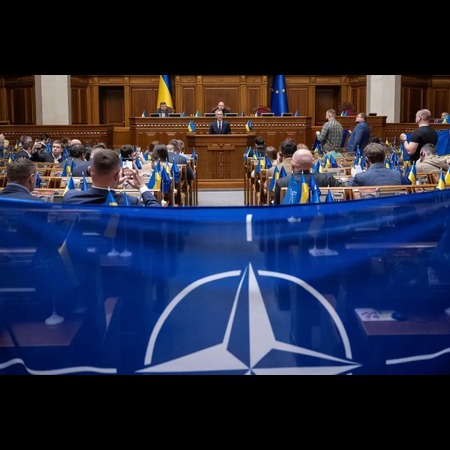
A Better Path for Ukraine and NATO: What Kyiv Could Do Now for a Place in the Alliance
In this Foreign Affairs Article, Professor Mary Elise Sarotte discusses potential NATO membership for Kyiv - in spite of the war with Russia.
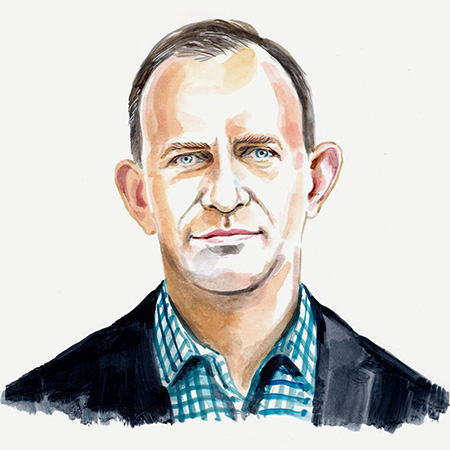
SERGEY RADCHENKO, AN EXPERT ON RUSSIA’S FOREIGN RELATIONS, WRITES ON ITS EVOLVING FRIENDSHIP WITH CHINA
In his article in The Economist, Professor Sergey Radchenko discusses the relationship between Russia and China, in light of the invasion of Ukraine.
